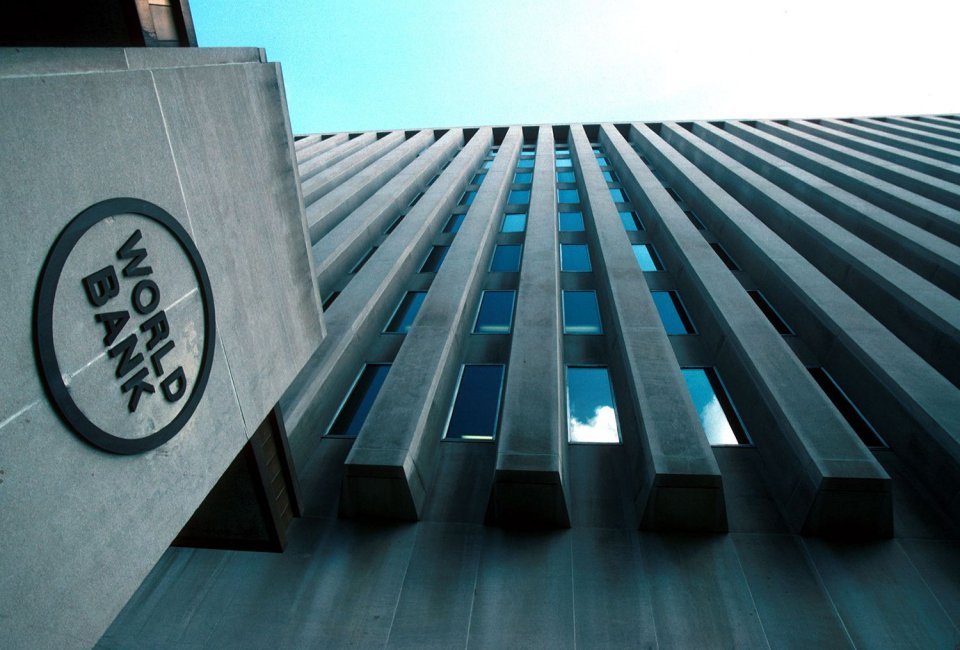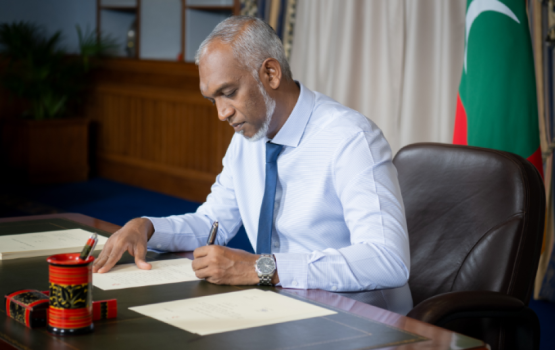The Maldives, a breathtaking paradise in the Indian Ocean, is not only known for its stunning natural beauty but also for its growing economy.
According to the World Bank's latest update, the country is expected to experience a robust real GDP growth of 6.5% in 2023, with an average growth rate of 5.4% from 2024 to 2025.
This positive economic outlook is driven by several factors. The Maldives has been successful in attracting tourists from around the world, thanks to its luxurious resorts, vibrant marine life, and picturesque landscapes. Tourism plays a vital role in the country's economy, contributing significantly to its GDP and providing employment opportunities for the local population.
However, despite the promising growth prospects, the World Bank report also highlights some challenges that the Maldives needs to address. One of the key concerns is the country's external vulnerabilities. Being heavily reliant on tourism, the Maldives is susceptible to fluctuations in global travel trends, natural disasters, and geopolitical tensions. These factors can impact visitor numbers and revenue, affecting the overall economic stability.
In addition to external vulnerabilities, the Maldives also faces fiscal challenges. The report emphasizes the importance of responsible debt management and fiscal adjustment to ensure long-term sustainability. The government needs to carefully manage its spending, increase revenue, and foster tax fairness to maintain a resilient economy.
To address these challenges, the World Bank recommends implementing key reforms. One of the suggested reforms is revamping the health insurance system to ensure affordable and accessible healthcare for all citizens. Streamlining subsidies is another crucial step to optimize government spending and ensure efficient allocation of resources. Additionally, the report emphasizes the need for tax reforms to boost revenue and create a fairer tax system.
By implementing these reforms and addressing the fiscal challenges, the Maldives can build a more resilient economy. The government's commitment to responsible debt management, fiscal adjustment, and structural reforms will play a crucial role in ensuring sustained growth and prosperity for the country.
In conclusion, while the Maldives is set for steady economic growth in the coming years, it must also tackle external and fiscal vulnerabilities. By adopting the recommended reforms and maintaining a balanced approach to economic development, the Maldives can continue to thrive as a sought-after tourist destination while building a strong and sustainable economy for its people.








